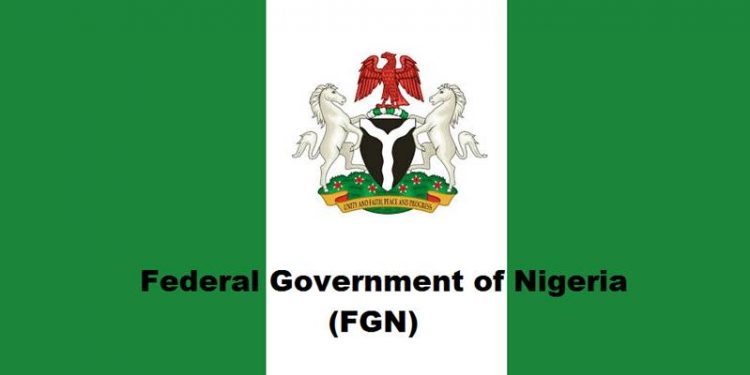In collaboration with relevant stakeholders, the federal government is to implement the ‘Proof of Address System Initiative’ to address insecurity across the 774 local government areas in the country.
George Akume, secretary to the government of the federation, disclosed this at the stakeholders’ meeting for the ‘Activation and the Implementation of the Local Government Proof of Address System’ in Abuja.
Mr Akume explained that, like many nations, Nigeria had been grappling with myriad challenges such as insecurity, social vices, economic instability, and inefficient governance in public and private sectors.
“The Proof of Address Initiative, which will be implemented across all 774 Local Governments, is designed to provide every resident with a verifiable and secured address.
“This crucial tool which will become part of administrative process across the public and private sectors will bolster national security, enhance government planning, and contribute to a more orderly society,” Mr Akume said.
The SGF added that the initiative reflected President Bola Tinubu’s unwavering commitment to address key challenges facing the country while laying the foundation for a safer, more efficient, and prosperous Nigeria.
Mr Akume advised ministries, departments, and agencies to adopt proof of address certificates from the local government areas as a requirement for establishing reliable and verifiable addresses.
He said the nation’s inability to fully and accurately identify addresses has compounded many identified problems, making it difficult to combat criminal activities, secure communities, and plan effectively for development.
Bello Lawal, national president of the Association of Local Governments of Nigeria (ALGON), said the initiative was part of a shared vision to improve security, promote economic development, and foster social inclusion at the local government levels throughout the country.
Mr Lawal said the proof of address project was more than just an administrative tool, adding that it is a fundamental shift in how local governments interact with their citizens and communities.
“The current vision of the project is to help local governments find their place in the global social and economic development in the region.
“The goal is to create a solid base for social development and grow social collaboration.
“By establishing a formal system of identification through the initiative, we are improving accountability and enhancing our ability to secure our neighbourhood,” Mr Lawal stressed.
Mr Lawal stated further that the project, which aligned with the federal government’s effort to build a comprehensive and reliable national social register, was essential to addressing key social challenges, such as poverty, unemployment, and inequality.
(NAN)






